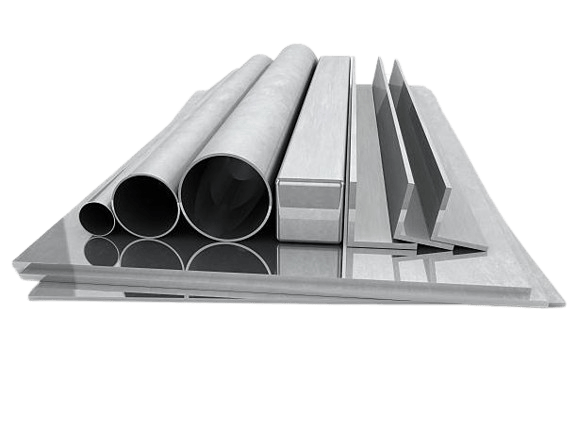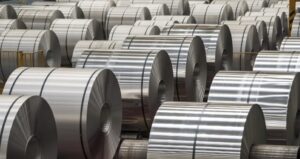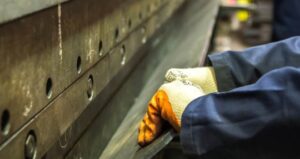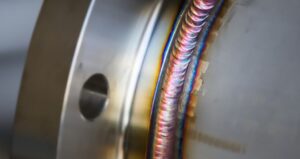The gearbox housing , aslo known as gearbox casing, is a critical component within mechanical systems, serving as a cornerstone in protecting the intricate internal workings of a gearbox. Identifying the optimal material for the gearbox housing can significantly enhance the performance and durability of your machinery.
Gearbox Using Environment

The operating environment, encompassing factors like temperature, humidity, and vibration levels, significantly influences housing design and material selection for a spur gearbox. Understanding the operating environment is crucial for ensuring the gearbox housing’s durability and performance over time.
Considerations for Harsh Environments
In harsh operating environments characterized by high temperatures or intense vibrations, a thicker housing may be necessary to withstand the stress and prevent failures effectively.
Example: Mining Operation with High Temperatures
In a mining operation with elevated ambient temperatures, high speeds, and heavy loads, the gearbox housing must endure extreme conditions while maintaining structural integrity. The material should boast high thermal conductivity to dissipate generated heat and prevent overheating, while also withstanding shock loads and vibrations inherent in mining environments. This scenario might call for thicker walls, superior-grade materials, or additional reinforcement to ensure housing resilience.
Considerations for Low-Stress Environments
In contrast, gearboxes operating in low-stress, low-temperature environments, like conveyor belt systems in warehouses, may not necessitate robust housing. In such scenarios with minimal loads and shock loads, the housing can feature thinner walls and lower-grade materials, reflecting the lower structural demands of the environment.
Designing for Specific Environments
Tailoring gearbox housing wall thickness to suit the operating environment is crucial. A comprehensive understanding of operating conditions and loads ensures that the housing is engineered to withstand stress effectively and prevent failures, aligning with performance, reliability, and safety requirements.
Gearbox Manufacturing Processes Impact
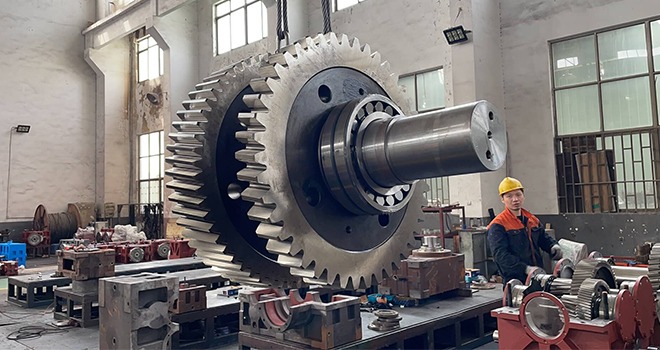
The manufacturing processes employed in creating gearbox housings can influence their design by affecting tolerances and material properties, thereby impacting strength, toughness, and fatigue resistance.
Impact of Casting Process
The casting process can introduce porosity or defects, compromising the structural integrity of the housing material and diminishing its strength and durability.
Influence of Machining Process
Machining operations can result in surface roughness or dimensional inaccuracies, directly impacting the gearbox’s performance and functionality.
Considerations for Welding
Inadequate welding practices have the potential to disturb the microstructure of the housing material, leading to weakened strength. Maintaining precise heat control during welding is essential to uphold the structural soundness of the gearbox housing.
Best Material For Gearbox Housing

Aluminum’s compatibility with casting methods like die casting or sand casting makes it a preferred material for the production of a gearbox housing due to its precision and minimal defect characteristics.
Die Casting Suitability for Aluminum Housing
Aluminum’s properties make it highly suitable for the die casting process when manufacturing a gearbox housing. The molten aluminum can be cast into intricate shapes with high precision, ensuring that complex features in the aluminum housing are accurately reproduced.
Sand Casting Benefits for Aluminum Gearbox Casing
In sand casting, aluminum is an excellent choice for creating a gearbox casing due to its ability to be cast with minimal defects. The moldability of aluminum in sand casting allows for the production of a custom-designed housing with precise details and structural integrity.
Defect Minimization in Aluminum Housing Casting
When cast using aluminum, a gearbox housing benefits from minimal defects, which are essential for maintaining the structural integrity of the component. The inherent characteristics of aluminum reduce the likelihood of imperfections in the casting process, ensuring the reliability and durability of the gearbox casing.
What Grade Of Aluminum Is Used In Gearbox Housing
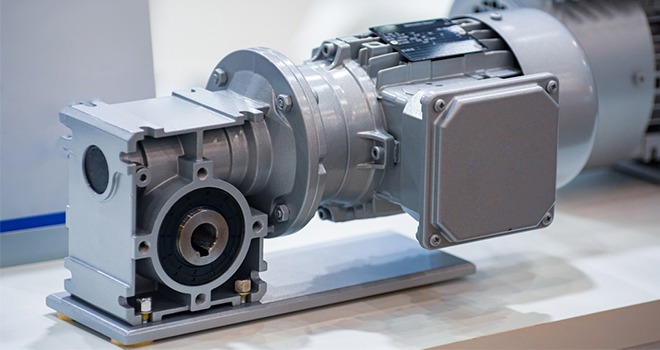
Different aluminum grades offer unique benefits for gearbox housings. 2024 aluminum excels in strength, fatigue resistance, and precision machinability, making it ideal for robust housings. 6061 aluminum‘s versatility, corrosion resistance, and ease of machining and welding suit applications needing customization and durability. 7075 aluminum stands out for its high strength, stress-corrosion resistance, and precision machining capabilities, making it a top choice for heavy-duty gearbox casings in challenging environments. Each grade’s specific properties cater to diverse gearbox housing requirements, ensuring optimal performance and longevity.
Each Grade Extruded Aluminum Housing Applications
The selection of aluminum grades for gearbox housings is influenced by various factors such as strength requirements, weight considerations, corrosion resistance, and cost-effectiveness. Here are some extruded aluminum housing grades for gearbox:
2024 Aluminum Housing
- High-Performance Gearbox Housings: Due to its high strength-to-weight ratio, 2024 aluminum is commonly used in high-performance gearbox housings where durability and mechanical strength are critical. Applications may include racing cars, high-performance machinery, and aerospace components.
- Industrial Machinery Gearbox Casings: In industrial settings where robust gearbox casings are required to withstand heavy loads and harsh conditions, 2024 aluminum can be utilized for its strength and fatigue resistance.
6061 Aluminum Housing
- General Engineering Gearbox Housings: 6061 aluminum is widely used in general engineering applications where a balance of strength, formability, and corrosion resistance is needed. It is suitable for gearbox housings in various industries such as automotive, marine, and consumer electronics.
- Electrical Equipment Gearbox Housings: In applications where corrosion resistance is important, such as electrical enclosures with integrated gearboxes, 6061 aluminum can provide the necessary protection against environmental elements.
7075 Aluminum Housing
- Aerospace Gearbox Casings: The high strength and stress-corrosion resistance of 7075 aluminum make it well-suited for the casings in aerospace applications where lightweight components with exceptional load-bearing capabilities are required.
- High-Performance Automotive Gearbox Housings: In high-performance automotive applications such as racing cars or sports vehicles, 7075 aluminum can be used for extruded aluminum housing to ensure superior strength and reliability under extreme conditions.

